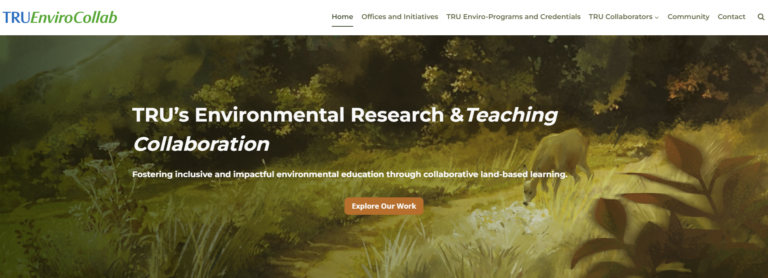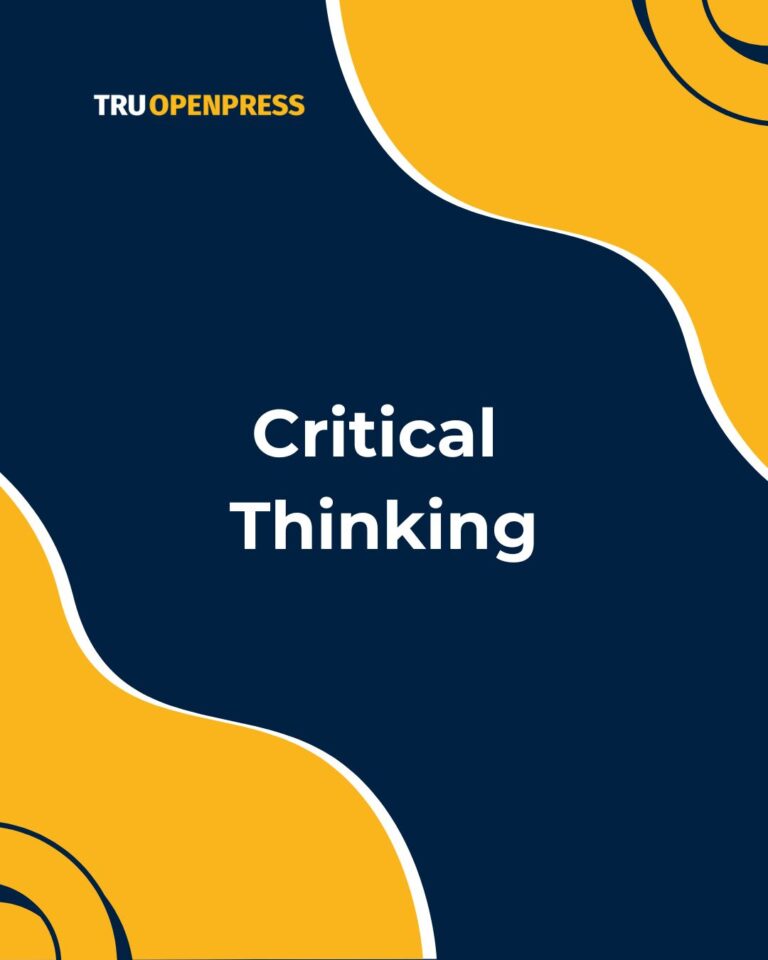Cancer Care Education: Interdisciplinary Approaches to Psychosocial Oncology

Faculty/Staff: Melba D’Souza
Platform: WordPress
Site link (if applicable): https://cancercareeducation.trubox.ca
Services provided: Website design/layout, multimedia, copy editing, and copyright review
Description: Cancer Care Education is an online resource focusing on the underlying principles of navigation and survivorship as they relate to people living with breast cancer.
Impact Story
Written by Ananya Kamboj
“Cancer Care Education: Interdisciplinary Approaches to Psychosocial Oncology” by Melba D’Souza
Melba D’Souza, Associate Professor at the School of Nursing at Thompson Rivers University, developed an innovative project to enhance cancer care education. This project, in partnership with BC Cancer and the Northwest Health Territories, leverages digital tools and the lived experiences of cancer patients to create a comprehensive learning module. The goal is to integrate interdisciplinary psychosocial oncology into the curriculum, providing students with practical insights into cancer care, particularly breast cancer.
Students participating in this project will benefit primarily from exposure to high-quality educational experiences. The module focuses on the cognitive load theory, intersectionality theory, and self-determination theory, emphasizing the diverse experiences of people with breast cancer. Utilizing a hybrid platform, the project incorporates videos, simulation learning activities, and sensory systems to engage students and the community and to provide reliable and accurate information. This approach ensures learners gain a holistic understanding of cancer care, including diagnosis, treatment, recovery, and community reintegration.
Addressing fairness, inclusion, and accessibility, the project is designed to cater to diverse populations, including aging and 2SLGBTQIA+ communities. It employs intersectionality through a trauma-informed lens, anti-oppressive and anti-racism frameworks, and indigenous approaches to learning. Creating an equitable learning environment that acknowledges the varied cultural competencies and sensitivities required in cancer care is the primary objective.
Students and teachers acquire valuable skills and insights through this module as it emphasizes universal design for learning and an equity, diversity, and inclusion framework within the curriculum. By engaging with community organizations and understanding historical and interdisciplinary perspectives, students can connect with appropriate organizations and build a strong foundation for their healthcare careers. Also highlighted is the importance of lived experiences, offering students practical knowledge about the cancer care continuum, from diagnosis to recovery and community integration.
Looking ahead, the project’s scope includes diversifying learning from science, technology, and education. Plans are in place to develop a credit-based certificate course and integrate it into continuing adult education programs and elective courses. This would provide students with hands-on learning experiences, preparing them for advanced roles in cancer care and healthcare in general. It also aims to expand into graduate education, equipping students with the skills needed for interdisciplinary approaches in cancer care.
This project was supported by the Breast Cancer Society of Canada, TRU’s Internal Research Fund, and the TRU Open Learning team. Future funding strategies include applying for grants focused on digital literacy, health informatics, and virtual simulation labs.
In short, this Cancer Care Education module represents a comprehensive and inclusive approach to cancer care education. By integrating diverse perspectives, leveraging digital tools, and fostering community engagement, it empowers students and faculty to enhance their understanding and practice of cancer care, ultimately contributing to better patient outcomes and community well-being.
Below is an interview with Melba D’Souza.






